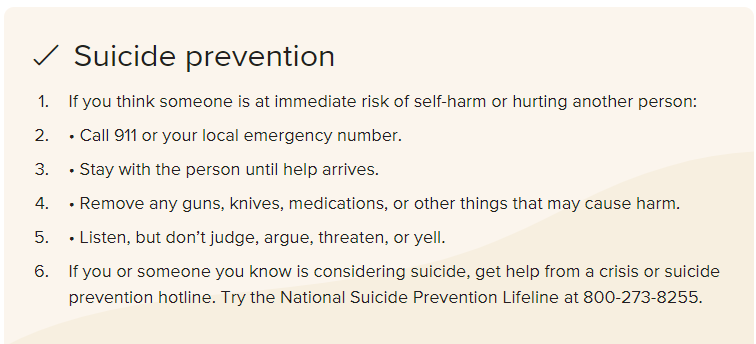Gabapentin is a medication primarily used to treat seizures (epilepsy) and nerve pain (neuropathic pain). It belongs to a class of medications known as anticonvulsants or antiepileptic drugs. Gabapentin works by affecting certain chemicals and neurotransmitters in the brain involved in seizures and nerve pain.
Here’s how gabapentin is typically used:
- Seizures (Epilepsy): Gabapentin is commonly prescribed as an adjunctive treatment for partial seizures in adults and children aged 3 years and older. It is often used in combination with other antiepileptic medications to help control seizures.
- Nerve Pain (Neuropathic Pain): Gabapentin is also frequently used to treat various types of nerve pain, including diabetic neuropathy, postherpetic neuralgia (nerve pain following shingles), and peripheral neuropathy. It is effective in relieving shooting or burning sensations, tingling, or numbness associated with nerve damage.

The most common side effects of gabapentin in adult patients include dizziness, fatigue, drowsiness, weight gain, and peripheral edema (swelling of extremities). Gabapentin may also produce sexual dysfunctionin some patients, symptoms of which may include loss of libido, inability to reach orgasm, and erectile dysfunction. Gabapentin should be used carefully in patients with renal impairment due to possible accumulation and toxicity.
An increase in formation of adenocarcinomas was observed in rats during preclinical trials; however, the clinical significance of these results remains undetermined. Gabapentin is also known to induce pancreatic acinar cell carcinomas in rats through an unknown mechanism, perhaps by stimulation of DNA synthesis; these tumors did not affect the lifespan of the rats and did not metastasize

Gabapentin may cause side effects. Tell your doctor if any of these symptoms are severe or do not go away:
- drowsiness
- tiredness or weakness
- dizziness
- headache
- uncontrollable shaking of a part of your body
- double or blurred vision
- unsteadiness
- anxiety
- memory problems
- strange or unusual thoughts
- unwanted eye movements
- nausea
- vomiting
- heartburn
- diarrhea
- dry mouth
- constipation
- increased appetite
- weight gain
- swelling of the hands, feet, ankles, or lower legs
- back or joint pain
- fever
- runny nose, sneezing, cough, sore throat, or flu-like symptoms
- ear pain
- red, itchy eyes (sometimes with swelling or discharge)
Some side effects may be serious. If you experience any of the following symptoms, call your doctor immediately:
- rash
- itching
- swelling of the face, throat, tongue, lips, or eyes
- hoarseness
- difficulty swallowing or breathing
- seizures
Gabapentin may cause other side effects. Call your doctor if you have any unusual problems while taking this medication.
If you experience a serious side effect, you or your doctor may send a report to the Food and Drug Administration’s (FDA) MedWatch Adverse Event Reporting program online [at http://www.fda.gov/Safety/MedWatch] or by phone [1-800-332-1088].
Suicide
In 2009 the U.S. Food and Drug Administration issued a warning of an increased risk of depression and suicidal thoughts and behaviors in patients taking gabapentin, along with other anticonvulsant drugs modifying the packaging insert to reflect this. A 2010 meta analysis confirmed the increased risk of suicide associated with gabapentin use.
Overdose
Persons who accidentally or intentionally ingested overdoses may have drowsiness, sedation, blurred vision, slurred speech, somnolence and possibly death, if a very high amount was taken, particularly if combined with alcohol. Serum gabapentin concentrations may be measured to confirm diagnosis.
Symptoms of Gabapentin Overdose
Symptoms of gabapentin overdose can vary depending on the amount of medication ingested, individual factors such as age and overall health, and whether other substances were taken along with gabapentin. Some common symptoms of gabapentin overdose may include:
- Drowsiness or Sedation: Excessive drowsiness or sedation is a common symptom of gabapentin overdose. Individuals may appear excessively sleepy or have difficulty staying awake.
- Dizziness or Loss of Coordination: Gabapentin overdose can cause severe dizziness, unsteadiness, or loss of coordination, making it difficult for individuals to walk or maintain balance.
- Slurred Speech: Speech may become slurred or difficult to understand in cases of gabapentin overdose.
- Confusion or Disorientation: Individuals may experience confusion, disorientation, or impaired cognitive function, leading to difficulty thinking clearly or understanding their surroundings.
- Nausea and Vomiting: Some individuals may experience nausea, vomiting, or gastrointestinal distress as a result of gabapentin overdose.
- Respiratory Depression: In severe cases of gabapentin overdose, respiratory depression or slowed breathing may occur. This can be life-threatening and requires immediate medical attention.
- Seizures: Although gabapentin is used to treat seizures, overdose can paradoxically lead to an increase in seizure activity, especially in individuals who do not have epilepsy or who have a history of seizures.
- Coma: In extreme cases, gabapentin overdose can result in loss of consciousness or coma.
